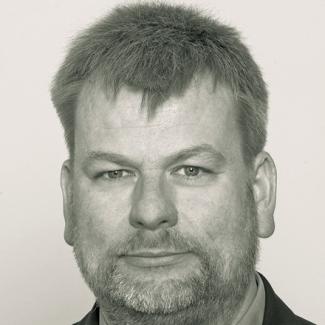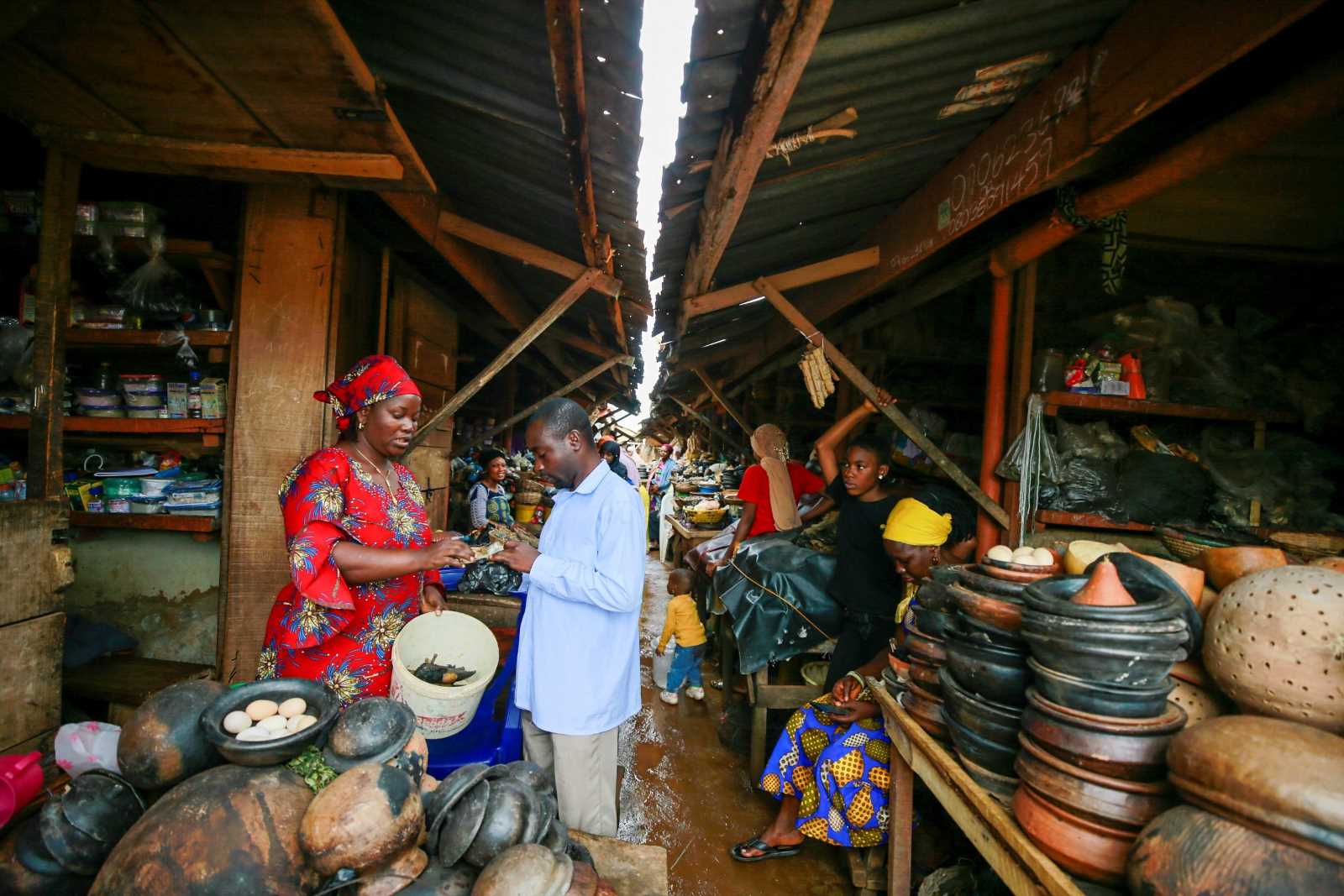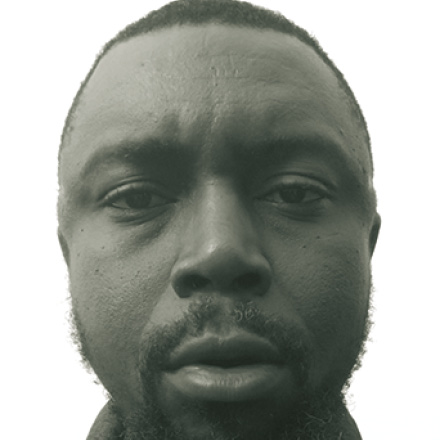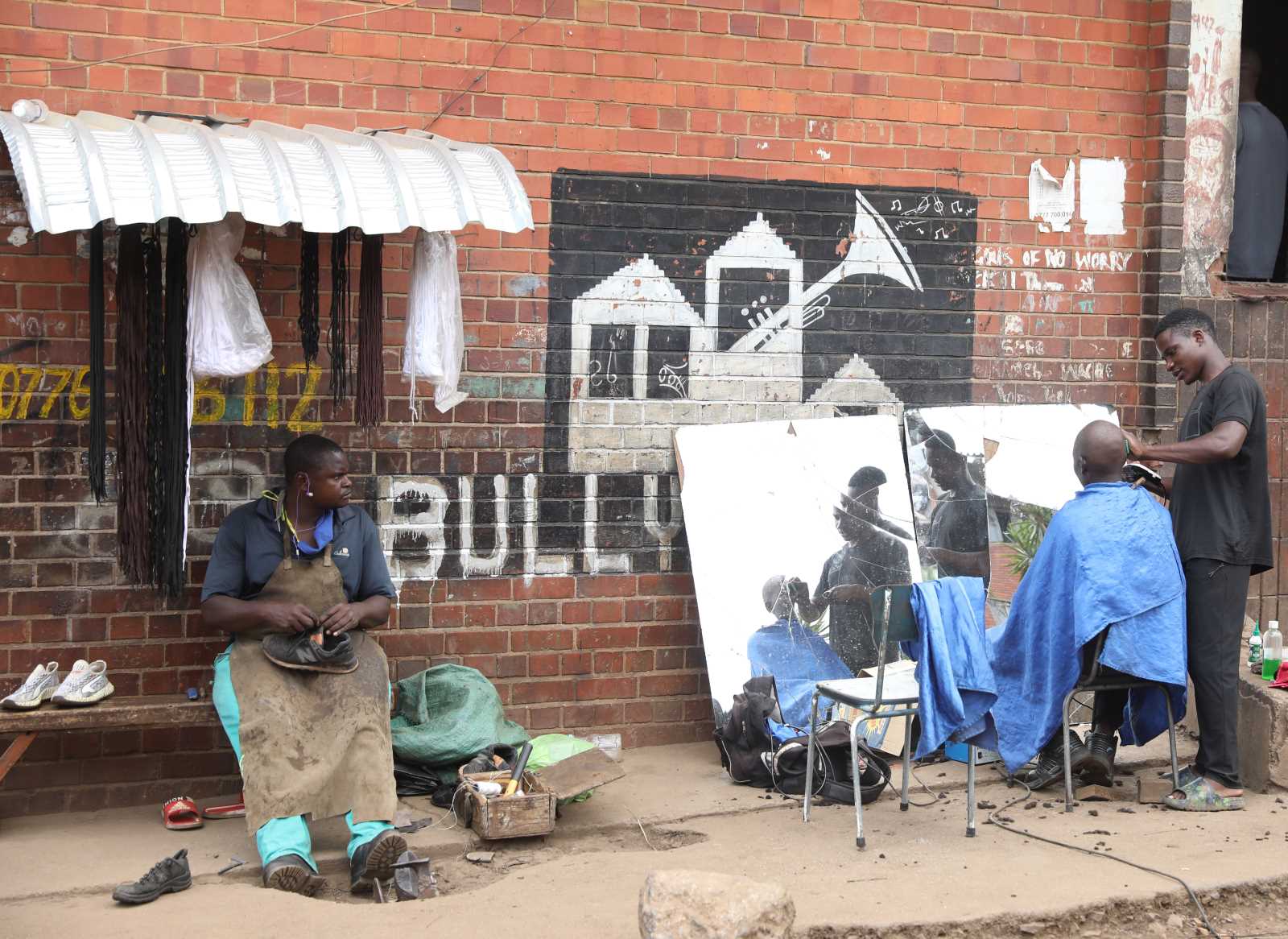Social protection
Financing health systems for informal workers
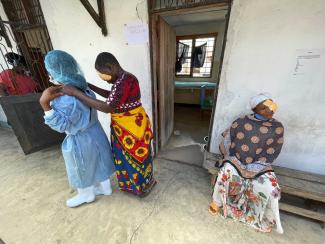
The implication is that many people cannot afford to see a doctor or go to hospital. In emergencies, they have to take on unsustainable debt. Masses do not get the vitally important treatment they need (see Hans Dembowski on www.dandc.eu). Universal health protection coverage would change matters. It can be financed by tax revenues – or by members’ contributions. For the latter approach, subsidies or cross-subsidies will be necessary in most cases.
State-funded schemes
There are various kinds of national health systems. Some rely on the national budget, some use members’ contributions (also called “payroll taxes” in some countries – see main essay), and some include private components. The mix varies from nation to nation. Ideally, a good system must provide universal coverage, ensuring that everyone, regardless of income or wealth, has access to health examination and treatment.
However, such schemes often have considerable shortcomings. Many medical services, for example, are only available in cities and are thus inaccessible to masses of rural people. In addition, waiting times tend to be long, hygiene poor and care of low quality. Health staff is often not held accountable. Hardly any patient dares to insist on their rights. Accordingly, those who can, will buy health care from private providers. In some cases, public institutions offer good health services, but only to those who pay bribes.
Membership cards
An argument for contributory schemes is that members are more likely to claim the services they are entitled to. After all, they have a membership card – even if they pay only token contributions or none at all themselves. Membership must indeed often be subsidised. The Indian experience shows that membership cards make a difference.
Many people, especially in the informal sector, cannot afford to pay the contributions that would actually cover their health costs. Without subsidisation or cross-subsidisation, public health-coverage schemes can only protect a relatively small number of households with above-average incomes in most countries.
Thailand’s state-run health insurance, for example, covers all informal workers, but it is heavily subsidised. In Vietnam, the public health-protection scheme for informal workers is cross-subsidised from the formal-sector scheme. Subsidies are similarly essential in Mongolia and India. Only countries, where average people can make more significant financial contributions, have been able to extend coverage to large parts of the informal sector with only moderate subsidisation. Tunisia is an example.
Governments need a strong commitment to reform if they want to extend health coverage to people in the informal sector. Opposition to such measures tends to be intense. Where low-income groups are set to get coverage, long standing beneficiaries normally fear they will lose out. Moreover, finance ministries and foreign donor institutions typically raise budgetary concerns. Markus Loewe is senior researcher at the German Development Institute (Deutsches Institut für Entwicklungspolitik – DIE) in Bonn.
markus.loewe@die-gdi.de
